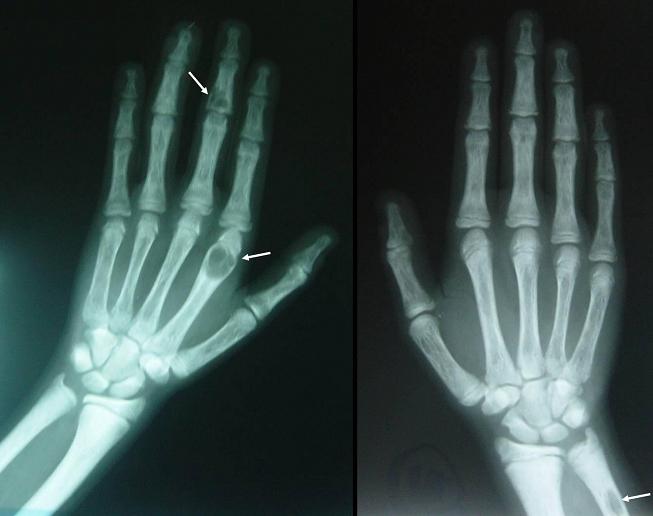Hyperparathyroidism Symptoms, Causes, Diagnosis and Treatment

What Is Hyperparathyroidism?
It is a disorder wherein parathyroid glands positioned in the neck make excessive amount of parathyroid hormone.
What Are The Symptoms Of Hyperparathyroidism?
Usually, the disorder is diagnosed prior to the emergence of symptoms. In addition, symptoms are either instigated by the following:
- Calcium loss (bones).
- Raised levels of calcium in the blood.
Symptoms are:
- Loss of appetite.
- Kidney stones.
- Frequent urination.
- Fragile bones (spine and limbs).
- Feeling sick, exhausted and weak.
- Forgetfulness.
- Depression.
- Bone tenderness or pain.
What Causes Hyperparathyroidism?
The disorder can has two forms:
- Primary hyperparathyroidism, wherein a particular or more of the parathyroid glands get overactive or enlarged. They make excessive amount of parathyroid hormone. Such leads to raised calcium levels in the blood. Some causes are:
1. Parathyroid carcinoma.
2. Hyperplasia.
3. Parathyroid adenoma.
- Secondary hyperparathyroidism is lead by some deficiencies and diseases that affects the body. These health conditions tend to grounds low calcium levels in the blood. Few of such are:
1. Vitamin D deficiency.
2. Gut malabsoption.
3. Kidney disease.
How Is Hyperparathyroidism Diagnosed?
Raised levels of alkaline phosphate, calcium and parathyroid hormone will be revealed by blood tests. However the results of blood tests will also show lower phosphorus levels. In addition, 24-hour urine sample will determine the level of calcium removed from your body. The doctor can suggest bone mineral density tests and bone x-rays in order to notice bone softening, fractures and bone loss.
CT scan, ultrasound or X-rays of the urinary tract or kidneys can reveal a blockage or build up of calcium.
How Is Hyperparathyroidism Treated?
In case an individual with primary hyperparathyroidism have slightly raised levels of calcium and do not have signs, then he or she can decide on to get treated or have health checks on regular basis.
In case the person chooses to get treated, then the treatment can include:
- Avoiding thiazide-type diuretics.
- Exercising.
- Intake more liquids in order to avoid the formation of kidney stones.
- Removal of overactive glands through surgery.
If the levels of calcium is considerably high or one has developed the symptoms, then he or she can be recommended for the removal of parathyroid gland, through surgery.
The treatment of secondary hyperparathyroidism relies on its trigger. The doctor can recommend:
- Surgery (cancer).
- For low levels of vitamin D, a specific type of vitamin D is prescribed.
Individuals with the disorder triggered by kidney failure are often treated with:
- Kidney transplant or dialysis.
- Medicine cinacalcet.
- Extra vitamin D and calcium.
- Parathyroid surgery, in case the level of parathyroid gets uncontrollably raised.
- Avoiding phosphate (diet).
What Is The Prognosis Of Hyperparathyroidism?
Clearly, the outlook relies on the form of hyperparathyroidism one is suffering from. Uncontrolled hyperparathyroidism can lead to some long-term complications:
- Kidney stones.
- High blood pressure.
- Heart disease.
- Raised chances of bone fractures.
By : Natural Health News




